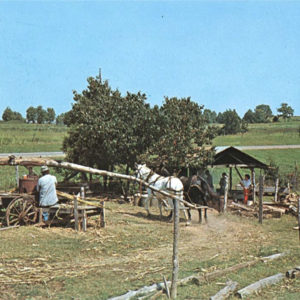 Sorghum Mill
Sorghum Mill
Time Period: World War II through the Faubus Era (1941 - 1967) - Starting with S
 Sorghum Mill
Sorghum Mill
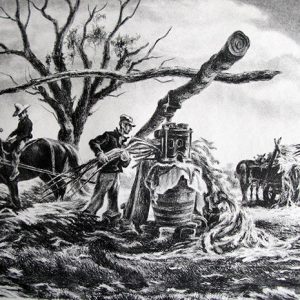 The Sorghum Mill by Charles Banks Wilson
The Sorghum Mill by Charles Banks Wilson
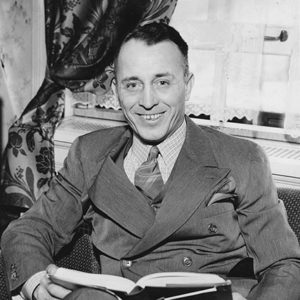 John Sorrells
John Sorrells
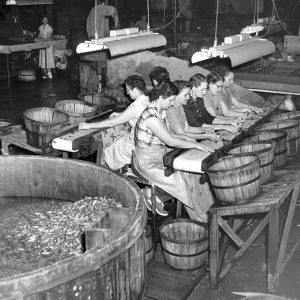 Sorting Pickles; 1955
Sorting Pickles; 1955
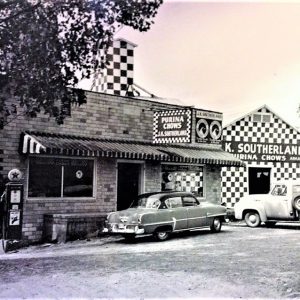 Southerland Store
Southerland Store
Southerland, Jerome Kee (J. K.)
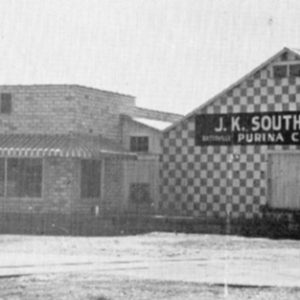 Southerland Stores
Southerland Stores
 Southern Club Ad
Southern Club Ad
Southern Cotton Oil Mill Strike
Southern Manifesto, Arkansas Signatories of the
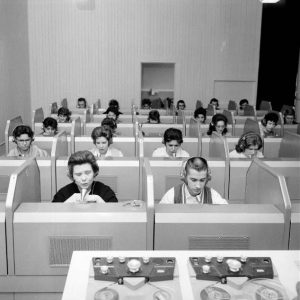 Southern State College Language Lab
Southern State College Language Lab
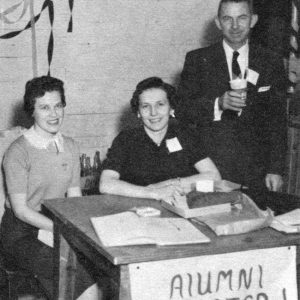 Southside School Homecoming
Southside School Homecoming
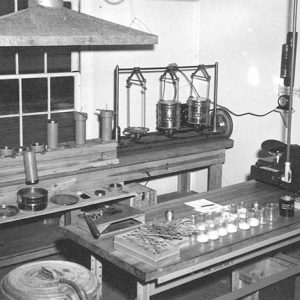 Southwest Proving Ground
Southwest Proving Ground
Spencer, George Lloyd
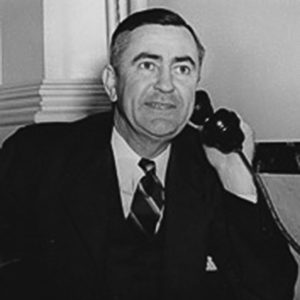 Lloyd Spencer
Lloyd Spencer
Spicer, William Leach
Sprick, Dan Travis
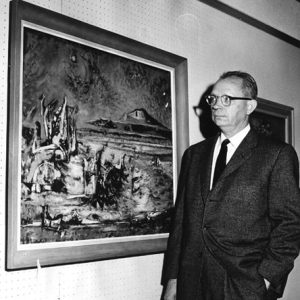 Everett Spruce
Everett Spruce
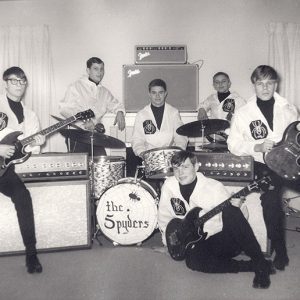 The Spyders
The Spyders
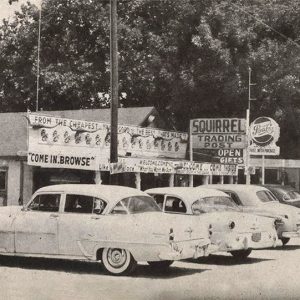 The Squirrel
The Squirrel
 SS La Salle
SS La Salle
 SS Masan
SS Masan
SS Ouachita Victory
 SS Ouachita Victory
SS Ouachita Victory
 St. Andrew Rectory
St. Andrew Rectory
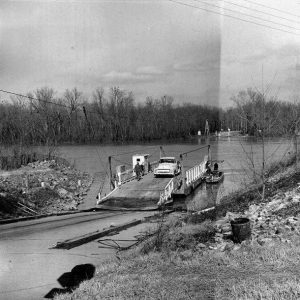 St. Charles Ferry
St. Charles Ferry
 St. Francis Catholic Church
St. Francis Catholic Church
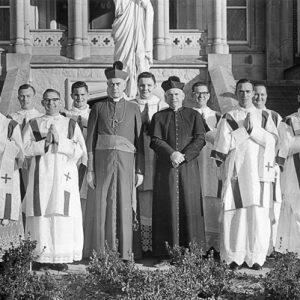 St. John's Deacons
St. John's Deacons
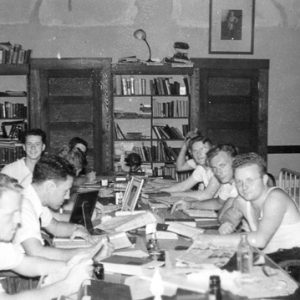 St. John's Seminary Dorm
St. John's Seminary Dorm
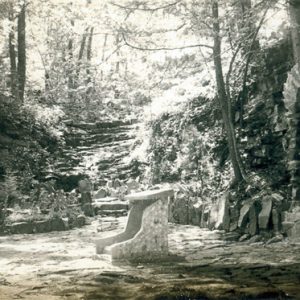 St. John's Grotto
St. John's Grotto
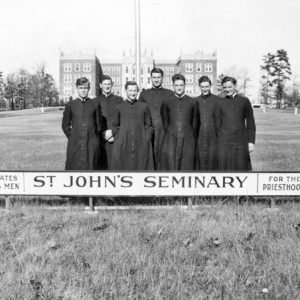 St. John's Seminary Students
St. John's Seminary Students
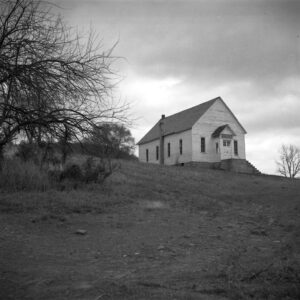 St. Paul Church
St. Paul Church
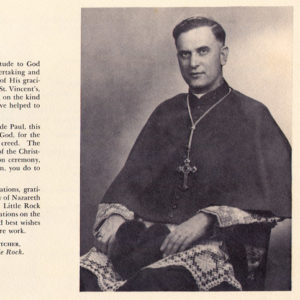 St. Vincent Infirmary Dedication
St. Vincent Infirmary Dedication
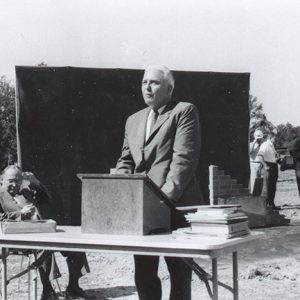 Carey V. Stabler
Carey V. Stabler
Stackhouse, Houston
aka: Houston Goff
 Star City Commercial Historic District
Star City Commercial Historic District
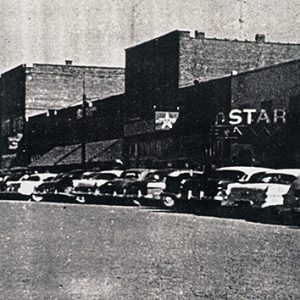 Star City Street Scene
Star City Street Scene
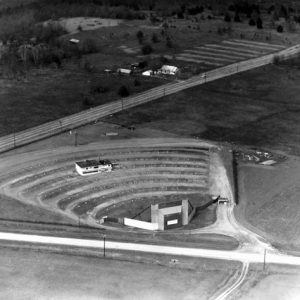 Starlight Drive-in
Starlight Drive-in
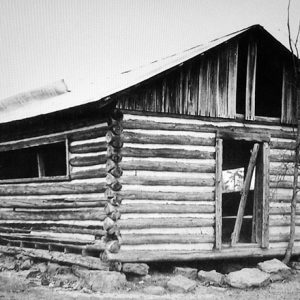 Starnes Spring School
Starnes Spring School
Starr, Fred
 Fred Starr
Fred Starr
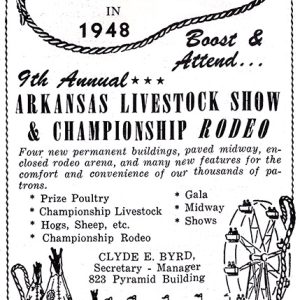 State Fair Ad
State Fair Ad
State of Arkansas v. Tee Davis
States’ Rights Democratic Party
aka: Dixiecrats
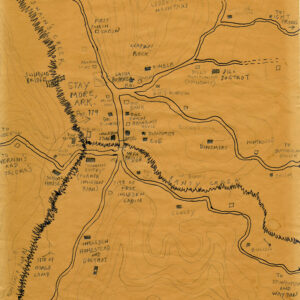 Stay More Map
Stay More Map
Steelman, John Roy
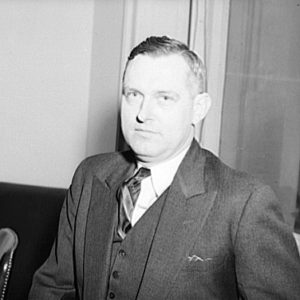 John Steelman
John Steelman
Stephens, Steve
aka: Stephen Owen Stephens
 Steve Stephens
Steve Stephens
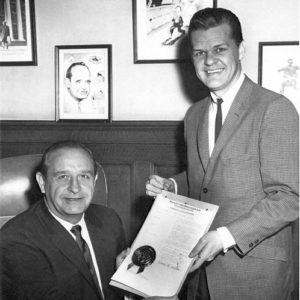 Steve Stephens with Orval Faubus
Steve Stephens with Orval Faubus




